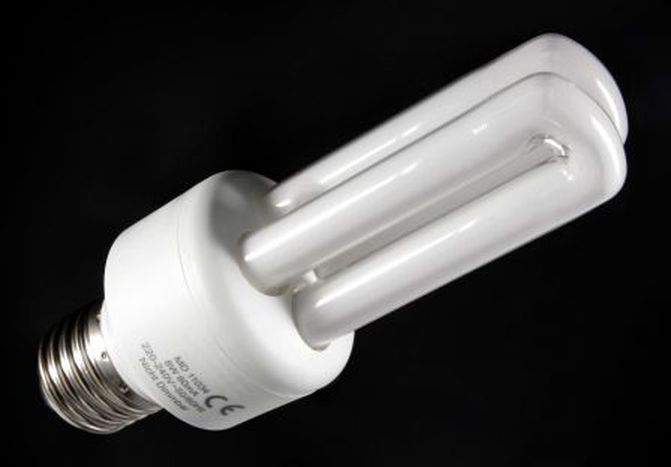
Energy savings, assistance for crisis
Published on
Translation by:
 kit
kit
By Lucía Martín Noya As part of the European Summit, where the protagonists are the crisis and the incorporationof Croatia, the Council will also discuss the Directive for energy efficiency. The adoption of this proposal could provide great benefits not only in environmental but also economic. What is the subject of the Directive?
The Directive is based on the energy efficiency plan proposed by the Commission in March this year. It is framed in Europe 2020, which aims to create a smart and sustainable growth. A major goal, the reduction of 20% of energy consumption has not been reached and Europe may be in a dangerous situation. The main consequences of this failure may be the threat of its competitiveness, the fight against CO2 emissions and security of supply. For all these reasons, the proposal goes beyond the 20% savings and claims to establish a common framework to improve the efficiency of after 2012.
Who is concerned?
The measures provided in the Directive concern, first, the effort of all member states to regulate a more efficient use of energy. The supervision must be done in all levels of the energy chain: from its transformation to distribution. Within each country, the bonds are specifically for four main targets: the public sector, private consumers, industry and areas of production, transmission and energy production. Günther Oettinger, European Energy Commissioner, said that his goal is to increase efficiency in daily use of energy and, in this way, to help consumers, government and industry policies in its consumption management. He adds, “this could result in lower energy bills and a potential number of new jobs in Europe”.
Why the Directive is economically beneficial?
In addition to limiting the environmental damage, the proposal could make possible large profits in the economic sense. The most important issues: reduce energy bills and the huge dependence on raw materials and in this sense, the trade balance. This savings will also allow for the investment impulse of R&D and internationalization of European industry. Energy, in terms of public organisms, will also be a good instrument of wealth. The renovations of buildings and seats of public sector for better energy efficiency will be held each year. This will allow for the creation of two million jobs in Europe. In 2014, the proposal will be screwed back to see if the objectives have been successful and if this is not the case, it will be applied for national purposes.
Translated from Energieeffizienz UND wirtschaftlicher Nutzen


